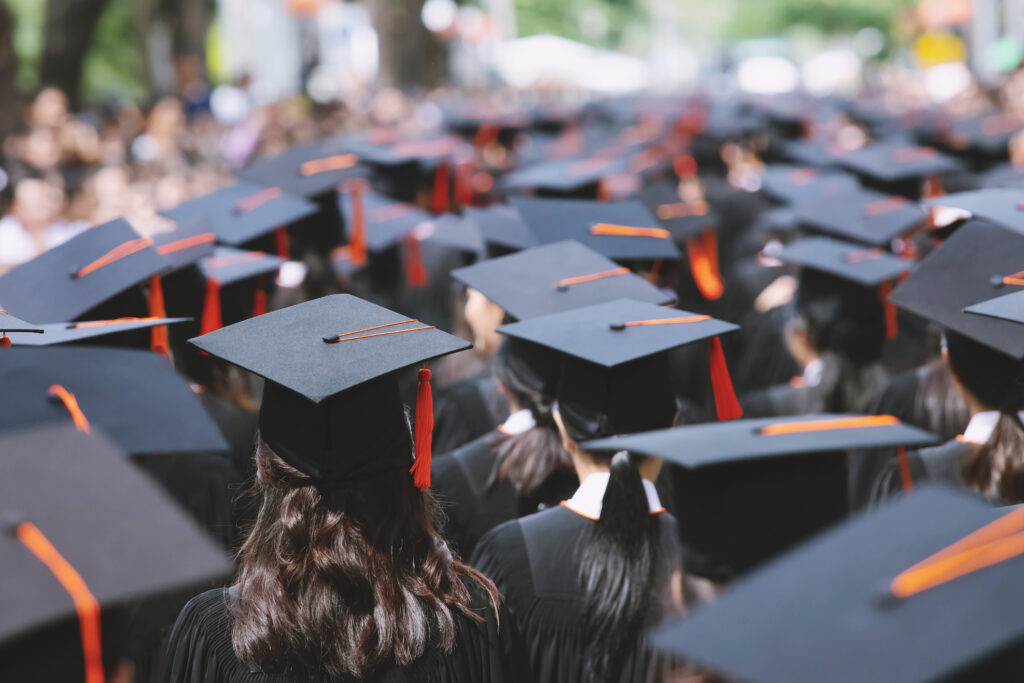While the national debate rages over the potential fiscal impact of school vouchers, a new study indicates that, at least in the state of New Hampshire, vouchers could save local communities more than $8.7 million each year.
That’s the conclusion reached by economist Brian J. Gottlob of PolEcon Research in “The Fiscal Impacts of School Choice in New Hampshire,” a study released in February and published jointly by The Josiah Bartlett Center for Public Policy and the Milton and Rose D. Friedman Foundation.
As a model, Gottlob uses a voucher program introduced during the 2003 New Hampshire legislative session that would have allowed up to 2,000 students annually to attend private schools. The program is similar to one that was narrowly defeated in the New Hampshire House of Representatives in January 2004.
The study analyzes the financial impact the 2003 proposed voucher program would have on each school district, the impact on total state aid to education, how school district costs would change in response to vouchers, and how private school attendance would affect local taxation and expenditures.
Impact on Local Communities
In evaluating the financial impact of vouchers on school districts in New Hampshire, the study finds no local community would suffer a net loss of funds as a result of the introduction of the model choice program.
“The detailed analysis by Brian Gottlob shows that a statewide choice program won’t hurt schools financially,” said Charlie Arlinghaus, president of The Josiah Bartlett Center. “Local schools would receive more money to educate fewer students.”
Because the voucher amount is less than the variable cost associated with educating each student, the study concludes, “a school choice program cannot financially impair school districts.”
According to Gottlob’s analysis, school choice would result in 2,000 fewer students in government schools in New Hampshire, reducing 2004 state adequacy grants to communities by $4.9 million. However, with fewer students to serve, communities would have avoided costs of $13.7 million. The net impact on communities would be a benefit of $8.8 million.
Variable Costs
A common argument against school choice is that even if children use vouchers to exit the public schools and attend private schools, the costs would remain the same for public schools. In essence, this argument treats all public school costs as fixed costs.
To examine the validity of this claim, the study used data from school district financial reports and found the variable cost to educate each elementary and secondary student falls “in a range between $5,900 and $7,200, or between 73 percent and 87 percent of total elementary expenditures.” Public school fixed costs are between 13 and 27 percent of total costs, the study found.
The amount of the voucher under consideration in New Hampshire was $2,700, well within the public schools’ variable cost per student.
Private School Attendance and Tax Rates
In addition to the cost savings from vouchers and the identification of variable versus fixed costs, the study suggests that as the percentage of students in private schools in a community increases, education expenditures and tax rates decline. For every 10 percent increase in the percentage of a community’s children enrolled in private schools, total education expenditures are 1.75 percent lower and local education tax rates are 1.5 percent lower.
The study estimates that by 2010, the school choice program would result in education expenditures 8.5 percent lower and local education tax rates 7.2 percent lower than they would have been in the absence of school choice. Private school attendance rates would rise from 11 percent to 16 percent.
Although school choice is more about getting the best education for children, “the study will be a helpful tool to dispel the myth that vouchers drain money from public schools,” said school choice activist Kathy Getchell, director of the School Choice Center: New Hampshire.
Robert C. Enlow is executive director of the Milton and Rose D. Friedman Foundation in Indianapolis, Indiana. His email address is [email protected].
For more information …
The February 2004 study by Brian J. Gottlob, “The Fiscal Impacts of School Choice in New Hampshire,” is available online at http://www.jbartlett.org/pdf/NHChoiceV0020204.pdf and http://www.friedmanfoundation.org/NHstudy.pdf.



